How to Take Care Of and Utilize Begonia Plants

Popular Types of Begonia Plants
Some of the common types of begonias you will come across include the following:
Wax Begonias
Also known as annual or bedding begonias, wax begonias are usually planted under trees, hanging baskets, and window boxes. The plant can grow between six to 12 inches tall.
Tuberous Begonias
Tuberous begonias have strikingly colourful flowers and look gorgeous hanging from baskets and containers. They grow faster than wax begonias and can grow as tall as them. Some can grow up to three feet or more if they are grown in outdoor containers.
Cane Begonias
Cane begonias feature segmented stems and flowers that are in a range of different colours. Depending on their care and growing conditions, these can grow as large as five feet. Angel wing begonias belong to this group.
Rhizomatous Begonias
These begonias have the most interesting features compared to other species. Rhizomatous begonias have thick stems that grow horizontally on the soil’s surface. These can grow up to three feet in length if they are planted outside.
Rex Begonias
Rex Begonias are the most common types of begonias you can find in garden centres and florists. Their attractive foliage makes them stand out but is also difficult to maintain. If you can care for them, plant these begonias in flower beds or containers outside.

Top 10 Care Tips for Begonia Plants
Use these tips to make your begonias flourish:
- Plant your begonia in a pot that allows the roots at least two inches of space. A large pot will hold too much water and prevent the plant from growing properly.
- Place your plant in locations that get full or partial morning sunlight.
- Water the begonias on a schedule. Too much water can kill the plant, so ensure the soil you use has excellent drainage.
- Feed your begonias a mix of houseplant fertilizer at least once a month.
- Remove dead or dying blooms regularly. Otherwise, the plant will spend most of its energy trying to revive them than keeping itself healthy.
- Maintain 64 to 72°F for your begonias to grow well. These thrive in warm and humid climates.
- Begonias thrive in company. Group a few of your favourite houseplants around the plant to create a humid environment.
- When repotting, choose a container that is only an inch larger than the previous one. Otherwise, the roots can rot.
- Choose a potting mix with organic matter such as compost to ensure a healthy plant.
- You can propagate begonia plants through a leaf or stem cuttings. You can remove a section of a stem along with its roots.
Top Design Ideas for Begonias
You can play with design ideas using different begonia species. Here are some you can steal:
Create A Theme Using Red, White, and Blue Begonias
Red, white and blue begonias are often used to create patriotic colour schemes in gardens across the UK. While the combination is tricky to achieve in shaded gardens, it is possible with some research and help.

Add Golden Touches to Your Garden
If your garden is shady and cool in the summer, add a warm glow using yellow double and white double begonias. These will improve your home’s curb appeal by bringing warmth to your verandah. Depending on how lush you want the pot to look, you can fit three to five tubers in a single 12-inch planter. Add some green, white and gold options for a fresh look. You can also fill a garden nook with these tubers.
Begonia plants can make an excellent addition to your garden or verandah, even if you are short on space. They require care to flourish, but the results are worth the effort. Use the tips mentioned in this guide to experiment with your own arrangement and see for yourself.
How to Care for Begonias Outside: Essential Tips for Garden Enthusiasts
Nurturing begonias outdoors requires attention to their specific needs. Provide dappled sunlight or partial shade to prevent leaf scorch. Ensure the soil is well-draining and rich in organic matter. Water consistently, but avoid waterlogging, as begonias are prone to root rot. Fertilise fortnightly during the growing season with a balanced, water-soluble feed. Regularly deadhead flowers to encourage continuous blooming. In cooler climates, protect from frost by moving to a sheltered area or covering when temperatures drop. Keep an eye out for pests such as aphids and mealybugs, treating promptly if detected.
Caring for Begonias in Pots: Container Gardening Success
Potted begonias thrive with proper care. Choose containers with adequate drainage holes to prevent waterlogging. Use a lightweight, well-draining potting mix enriched with peat moss or compost. Water when the top inch of soil feels dry, ensuring thorough drainage. Place in bright, indirect light for optimal growth. Fertilise every two weeks during the growing season with a balanced, water-soluble feed. Prune regularly to maintain shape and encourage bushiness. Rotate pots periodically to ensure even growth. In winter, reduce watering and feeding, and move to a protected area if temperatures drop below 10°C.
Begonia Plants Care in Winter: Protecting Your Blooms During Cold Months
Winter care for begonias is crucial for their survival. Reduce watering significantly, allowing the soil to dry between waterings. Stop fertilising to encourage dormancy. For outdoor begonias, lift tubers after the first frost, clean, and store in a cool, dry place. Indoor begonias should be moved away from cold windows and drafts. Maintain temperatures above 10°C to prevent damage. Increase humidity around the plants by misting or using a pebble tray. Prune sparingly, removing only dead or yellowing leaves. Monitor for pests which can become problematic in dry indoor conditions.

Begonia Plants Care Outdoor: Thriving in Garden Settings
Outdoor begonias can create stunning displays with proper care. Choose a location with dappled shade or morning sun and afternoon shade. Prepare the soil by incorporating organic matter for improved drainage. Space plants adequately to ensure good air circulation. Water at the base of the plants to avoid wetting the foliage, which can lead to fungal issues. Apply a layer of mulch around plants to retain moisture and suppress weeds. Deadhead regularly to promote continuous blooming. In regions with harsh winters, consider growing in containers that can be moved indoors when temperatures drop.
Begonia Plants Care Indoors: Creating a Tropical Oasis at Home
Indoor begonias can thrive as houseplants with the right care. Place in bright, indirect light, avoiding direct sunlight which can scorch leaves. Maintain consistent humidity by misting regularly or using a pebble tray. Water when the top inch of soil is dry, ensuring good drainage to prevent root rot. Feed monthly with a balanced, water-soluble fertiliser during the growing season. Prune to maintain shape and remove any yellowing or dead leaves. Clean leaves gently with a soft, damp cloth to remove dust and maintain their ability to photosynthesise effectively. Monitor for pests such as mealybugs and treat promptly if detected.

Begonia Plants Care in Pots: Mastering Container Cultivation
Potted begonias require specific care for optimal growth. Choose a pot with adequate drainage holes to prevent waterlogging. Use a well-draining potting mix enriched with organic matter. Water thoroughly when the top inch of soil feels dry, allowing excess water to drain freely. Place in bright, indirect light for best growth and flowering. Fertilise every two weeks during the growing season with a balanced, water-soluble feed. Pinch back growing tips to encourage bushiness. Repot annually or when the plant outgrows its container, typically in spring before new growth begins.
Can You Leave Begonias in Pots Over Winter: Overwintering Strategies Explained
Overwintering begonias in pots is possible with proper precautions. For tuberous begonias, allow the foliage to die back naturally, then store the pots in a cool, dry place around 7-10°C. Reduce watering significantly, keeping the soil just barely moist. For fibrous-rooted begonias, move pots to a protected area or indoors before temperatures drop below 10°C. Decrease watering and stop fertilising to encourage dormancy. Prune back foliage by about one-third to reduce stress on the plant. Monitor for pests regularly, as indoor conditions can exacerbate infestations. With proper care, potted begonias can survive winter and thrive again in spring.
Planting Begonias in Pots: Setting the Foundation for Healthy Growth
Successful potting of begonias starts with proper planting techniques. Choose a container with drainage holes that's slightly larger than the plant's root ball. Use a lightweight, well-draining potting mix enriched with peat moss or compost. Plant at the same depth as the begonia was growing in its previous container. Water thoroughly after planting to settle the soil around the roots. Place in a location with bright, indirect light to encourage establishment. For hanging baskets, consider trailing varieties for a cascading effect. Space multiple plants adequately to allow for growth and good air circulation. Remember to label your pots with the variety and planting date for future reference.
People Also Asked
What can you do with begonia plants?
Begonias are versatile plants that can be used for indoor decoration, outdoor landscaping, and even as edible garnishes. Their vibrant flowers make them perfect for hanging baskets, container gardens, and floral arrangements.
What are the uses of begonia plants?
Begonias serve multiple purposes, including ornamental use in gardens and homes, medicinal applications in traditional medicine, and as edible plants in some cuisines. They're also popular for shade gardening and adding color to difficult growing areas.
What are the healing properties of begonias?
In traditional medicine, begonias are believed to have anti-inflammatory, antimicrobial, and antioxidant properties. Some cultures use them to treat various ailments, including respiratory issues and skin conditions, though scientific evidence is limited.
Is the begonia plant edible?
Yes, certain begonia species are edible. The flowers and leaves of some varieties can be eaten and are often used as decorative garnishes or added to salads for a tangy flavor. However, always ensure proper identification before consumption.
Do begonias purify air?
While not as potent as some other plants, begonias do contribute to air purification. They can help remove toxins from the air and increase humidity, making them beneficial for indoor air quality.
Do begonias like sun or no sun?
Most begonias prefer partial shade or filtered sunlight. They thrive in bright, indirect light but can suffer from leaf burn in direct, harsh sunlight. Some varieties can tolerate more sun if properly acclimated.
How to make begonia tea?
To make begonia tea, use fresh or dried begonia flowers. Steep them in hot water for about 5-10 minutes. Add honey or lemon to taste. Always ensure you're using edible begonia varieties and consult with an expert before consumption.
What is the lifespan of a begonia?
The lifespan of a begonia varies by species. Annual varieties last one growing season, while perennial types can live for several years with proper care. Some tuberous begonias can live up to 30 years if well-maintained.
Where do begonias do best?
Begonias thrive in well-draining soil, humid environments, and areas with partial shade. They perform well in containers, hanging baskets, and as bedding plants in sheltered garden spots with dappled sunlight.
What are the disadvantages of begonias?
Disadvantages of begonias include their sensitivity to cold, susceptibility to powdery mildew in high humidity, and need for regular maintenance. Some varieties can be toxic to pets if ingested, and they may require frequent watering in hot climates.
Are begonias safe for humans?
Most begonias are safe for humans to handle, but some people may experience skin irritation from the sap. While certain varieties are edible, others can cause stomach upset if ingested in large quantities. Always research specific varieties before consumption.
Are begonias good for bedroom?
Begonias can be good for bedrooms as they add color and help purify air. However, they prefer bright, indirect light, so ensure your bedroom has adequate lighting. Some people may find their fragrance overwhelming in enclosed spaces.
Can a begonia be an indoor plant?
Yes, many begonia varieties make excellent indoor plants. They adapt well to indoor conditions, prefer moderate temperatures, and can thrive in the filtered light often found in homes. Ensure proper humidity and avoid overwatering.
Are begonias good for flower beds?
Begonias are excellent for flower beds, especially in shaded areas. They provide vibrant colors, diverse foliage, and long-lasting blooms. They work well as border plants, in mass plantings, or as accent pieces in mixed beds.
What to do with begonias after flowering?
After flowering, prune spent blooms to encourage more flowers. For tuberous varieties, reduce watering and allow foliage to die back naturally. In colder climates, dig up tubers and store them in a cool, dry place for winter replanting.
Are begonias medicinal?
While not commonly used in modern medicine, begonias have traditional medicinal uses. Some cultures use them for treating respiratory issues, skin conditions, and as an anti-inflammatory. However, scientific evidence is limited, and professional medical advice should be sought.
Are begonias air purifiers?
Begonias do have air-purifying qualities, though they're not as potent as some other houseplants. They can help remove toxins from the air and increase humidity, contributing to better indoor air quality when grown in sufficient numbers.
What makes begonias happy?
Begonias thrive with well-draining soil, regular but moderate watering, high humidity, and bright, indirect light. They appreciate consistent temperatures, protection from harsh sun and wind, and occasional fertilization during the growing season.
Do begonias like the sun or shade?
Begonias prefer partial shade to thrive. They enjoy bright, indirect light but can suffer in direct, harsh sunlight. Morning sun with afternoon shade is ideal for most begonia varieties, providing enough light for growth without risking leaf burn or wilting.
How do you take care of potted begonias?
Caring for potted begonias involves providing well-draining soil and consistent moisture. Place them in bright, indirect light and water when the top inch of soil feels dry. Use a balanced, water-soluble fertilizer monthly during the growing season. Maintain high humidity and protect from extreme temperatures for optimal growth.
How often should I water begonia?
Water begonias when the top inch of soil feels dry, typically every 5-7 days. Frequency may vary based on environmental conditions. Ensure thorough watering, allowing excess to drain. Avoid overwatering, as begonias are susceptible to root rot. Adjust watering based on season, with less frequent watering in winter.
How long do potted begonias last?
Potted begonias can last for several years with proper care. Many varieties are perennials in frost-free climates. Indoors, they can thrive year-round. Annual varieties typically last one growing season but may be overwintered indoors. With optimal care, some begonias can become long-lived houseplants or garden staples.
What happens if begonias get too much sun?
Excessive sun exposure can cause leaf scorch in begonias, resulting in brown, crispy edges or pale, bleached areas. Flowers may wilt quickly, and the plant's overall growth may become stunted. In severe cases, entire leaves can dry out and drop. Protect begonias from harsh afternoon sun to prevent these issues.
Do begonias do better in pots or in the ground?
Begonias often perform better in pots due to the controlled environment they provide. Containers allow for better soil drainage, easier movement to optimal light conditions, and protection from extreme weather. However, some varieties can thrive in-ground in suitable climates with well-prepared soil and proper care.
Do begonias do better inside or outside?
Begonias can thrive both inside and outside, depending on the variety and climate. Many prefer the controlled environment indoors, especially in regions with harsh winters or extreme heat. Outdoor begonias often flourish in mild climates with partial shade. Consider your specific variety and local conditions when deciding placement.
Can begonias tolerate heat?
While begonias prefer moderate temperatures, many varieties can tolerate heat if provided with adequate shade and moisture. They generally perform best in temperatures between 60-75°F (15-24°C). In hot climates, provide afternoon shade, increase watering frequency, and maintain high humidity to help begonias cope with heat.
How do I make my begonias happy?
To keep begonias happy, provide bright, indirect light and maintain consistent soil moisture without waterlogging. Use well-draining, rich soil and fertilize monthly during the growing season. Maintain high humidity through misting or pebble trays. Protect from extreme temperatures and drafts. Regular pruning encourages bushier growth and more blooms.
What is the secret to growing begonias?
The secret to thriving begonias lies in balanced care. Provide bright, indirect light, consistent moisture without overwatering, and high humidity. Use well-draining, fertile soil and feed regularly during the growing season. Protect from extreme temperatures and direct sun. Regular pruning and deadheading encourage lush growth and continuous blooming.
How do you get begonias to keep blooming?
To promote continuous blooming, deadhead regularly by removing spent flowers. Provide adequate light, water, and nutrients. Use a balanced, phosphorus-rich fertilizer to encourage flower production. Maintain optimal temperature and humidity levels. Pinch back growing tips to encourage bushier growth and more flowering stems.
Do begonias like rain?
Begonias generally tolerate light rain, which can help clean their leaves and provide natural watering. However, heavy or prolonged rain can lead to waterlogged soil and increase the risk of fungal diseases. Protect potted begonias from excessive rainfall and ensure good drainage for in-ground plants to prevent water-related issues.
Should I trim my begonias?
Yes, trimming begonias is beneficial. Regular pruning encourages bushier growth and more blooms. Remove dead, damaged, or yellowing leaves to maintain plant health. Pinch back growing tips to promote branching. Trim leggy stems to maintain shape. Always use clean, sharp tools to prevent disease transmission when pruning.
Why do begonia leaves turn brown?
Begonia leaves can turn brown due to various reasons, including overwatering, underwatering, sunburn, or nutrient deficiencies. Excessive fertilizer can cause leaf burn. Fungal diseases or pest infestations may also lead to browning. Identify the specific cause by examining the plant's environment and care routine to address the issue effectively.
Do you water begonias everyday?
Begonias typically don't require daily watering. Water when the top inch of soil feels dry, usually every 5-7 days. Overwatering can lead to root rot and other issues. Factors like pot size, humidity, and temperature affect watering frequency. Always check soil moisture before watering and adjust based on your plant's specific needs.
How to make begonias bushy?
To encourage bushier growth in begonias, regularly pinch back growing tips of young plants. This promotes branching and fuller growth. Prune longer stems to maintain shape and encourage side shoots. Provide adequate light to prevent leggy growth. Regular fertilization and proper watering also contribute to lush, compact growth.
Do begonias like full or part sun?
Most begonias prefer part sun or partial shade. They thrive in bright, indirect light but can suffer in full, direct sunlight. Morning sun with afternoon shade is ideal for many varieties. Some sun-tolerant begonias can handle more direct light, but most benefit from protection against harsh afternoon sun to prevent leaf burn and wilting.
Related Blog Posts
A Step-By-Step Guide On Making an Indoor Terrarium
How To Take Care of Orchid Plant?





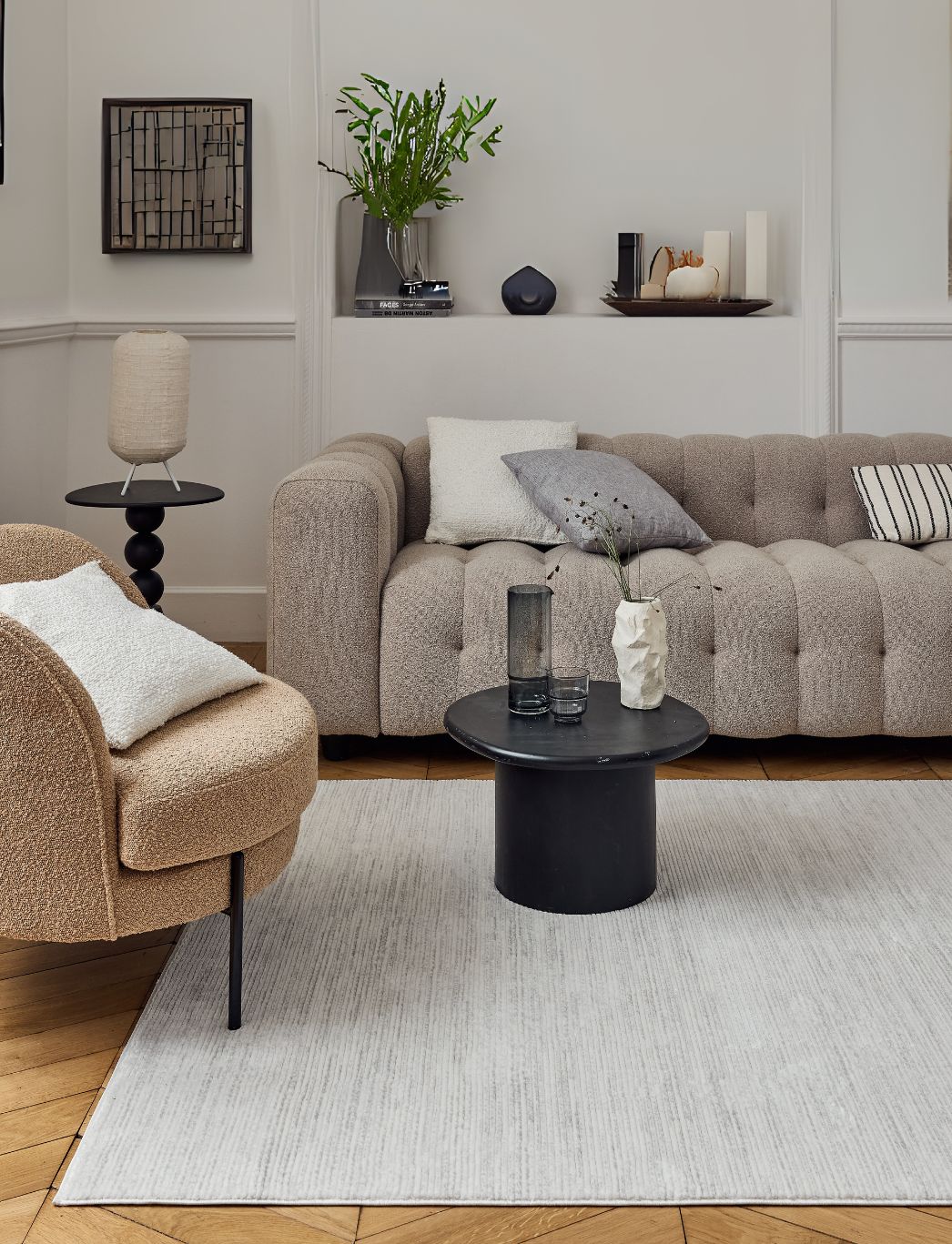
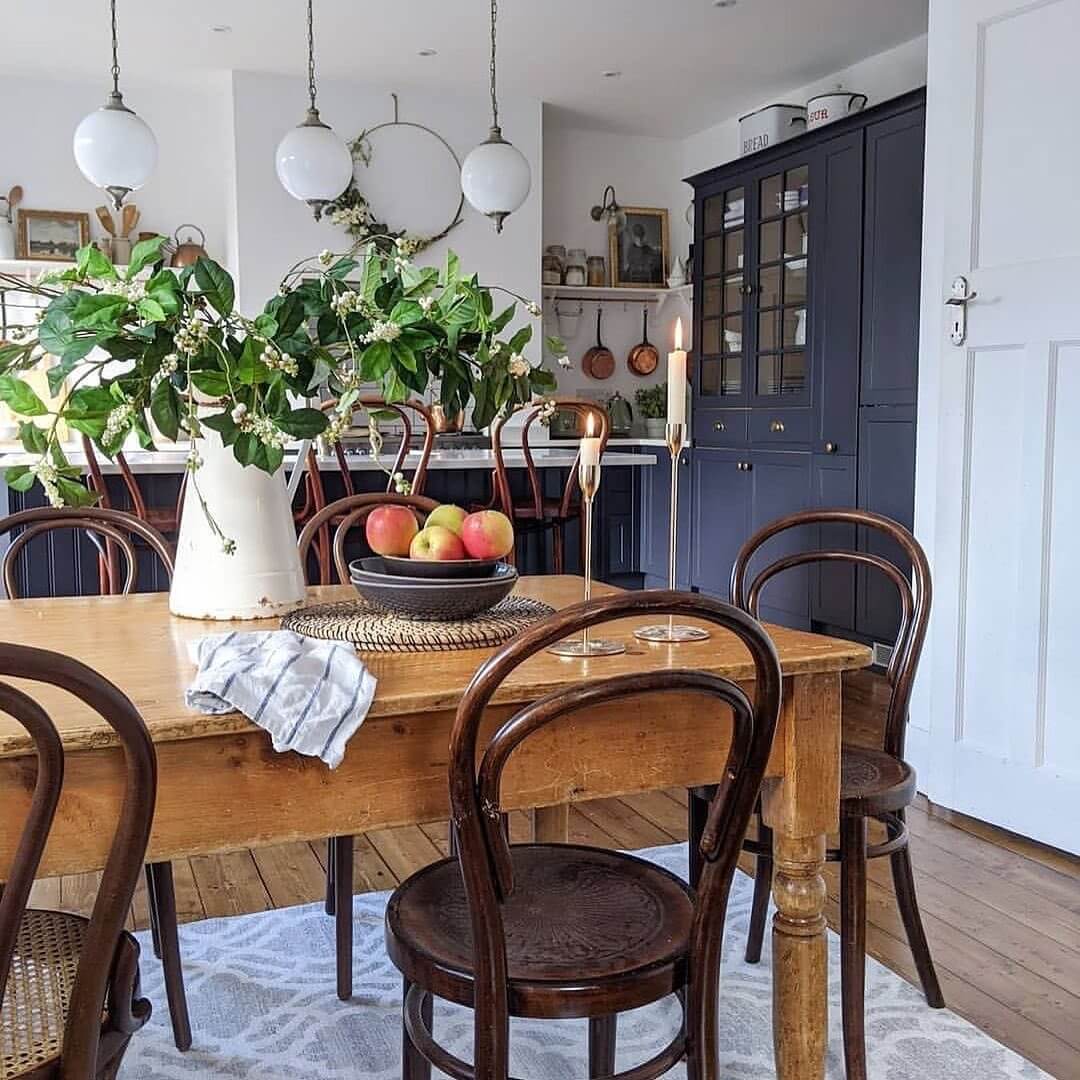
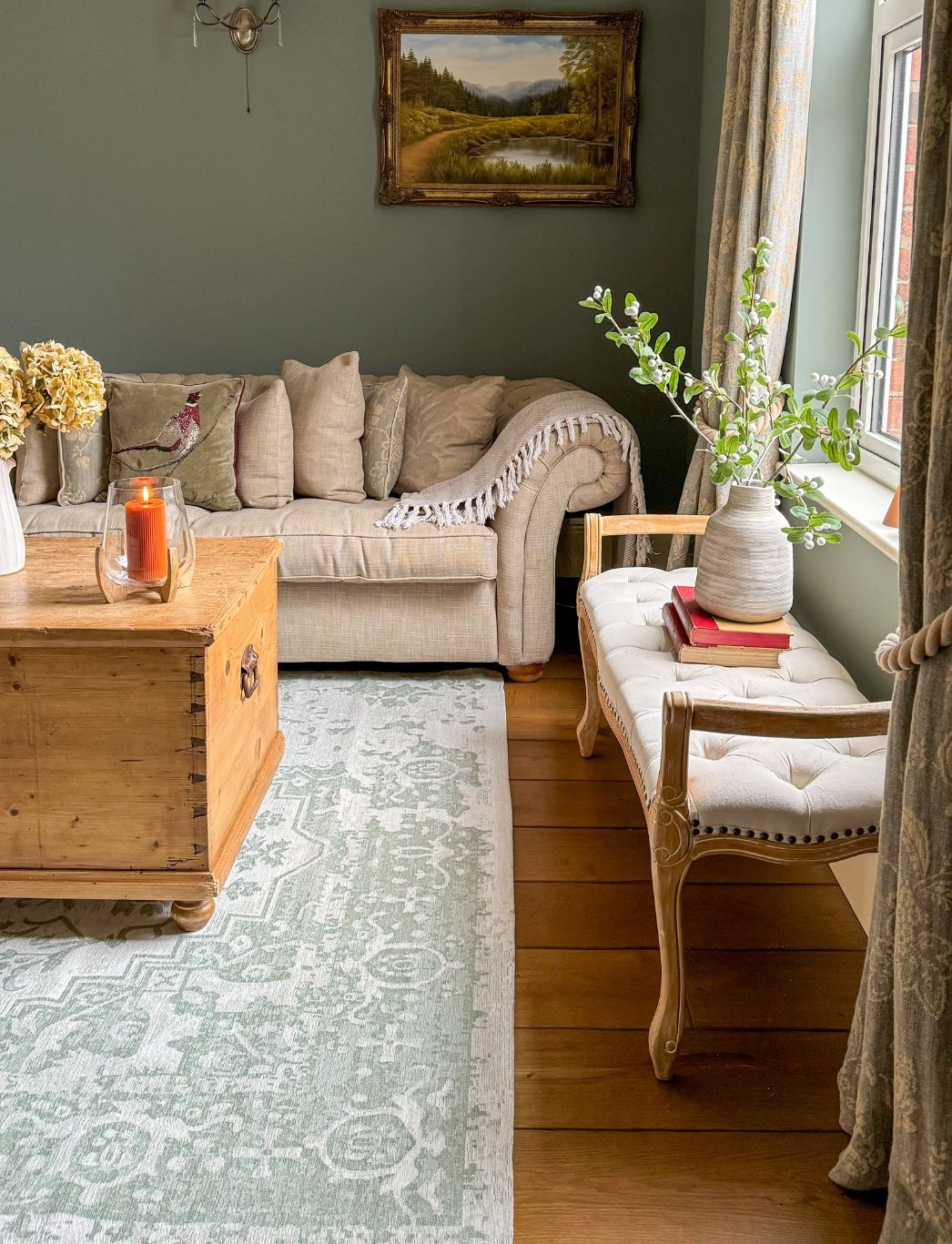
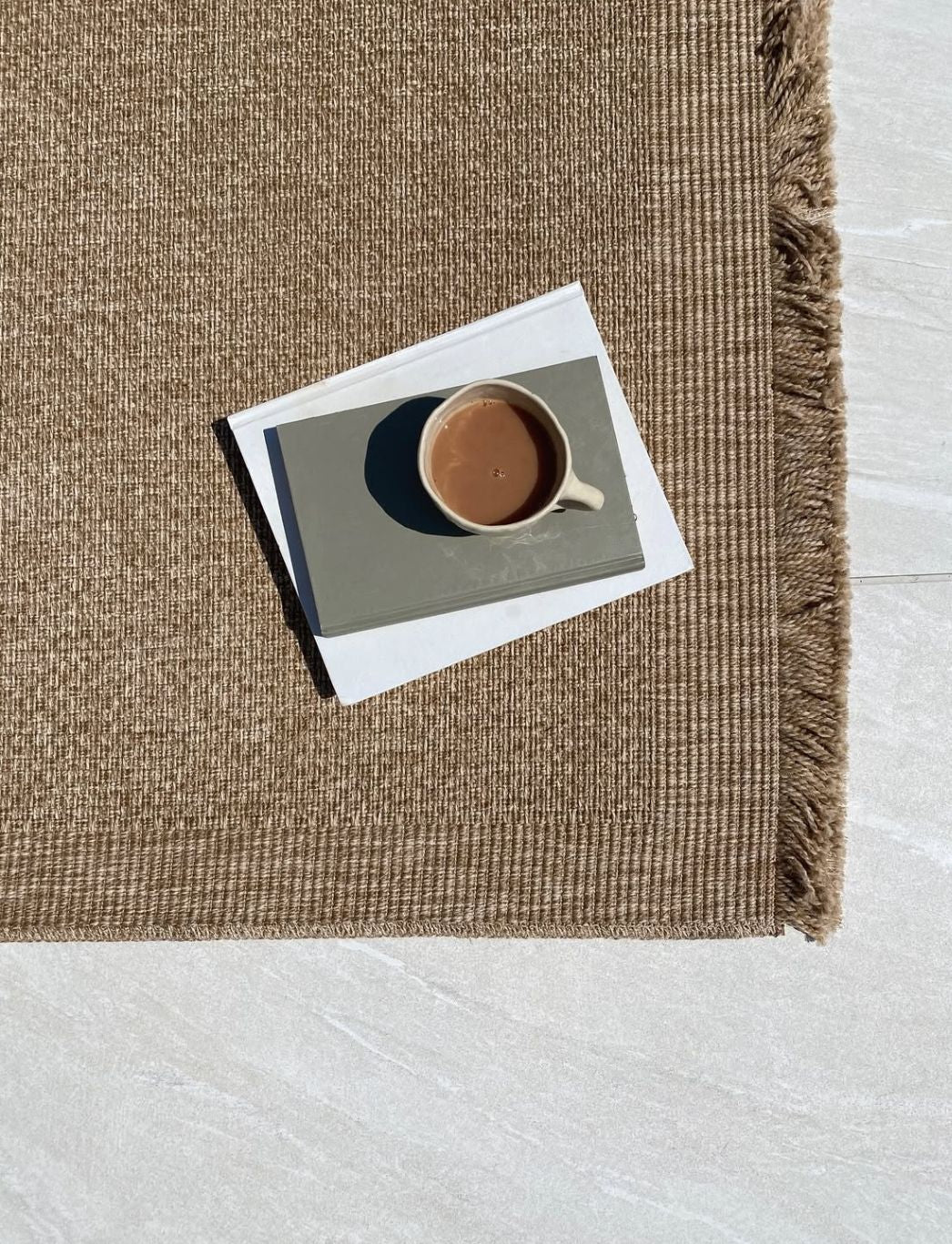
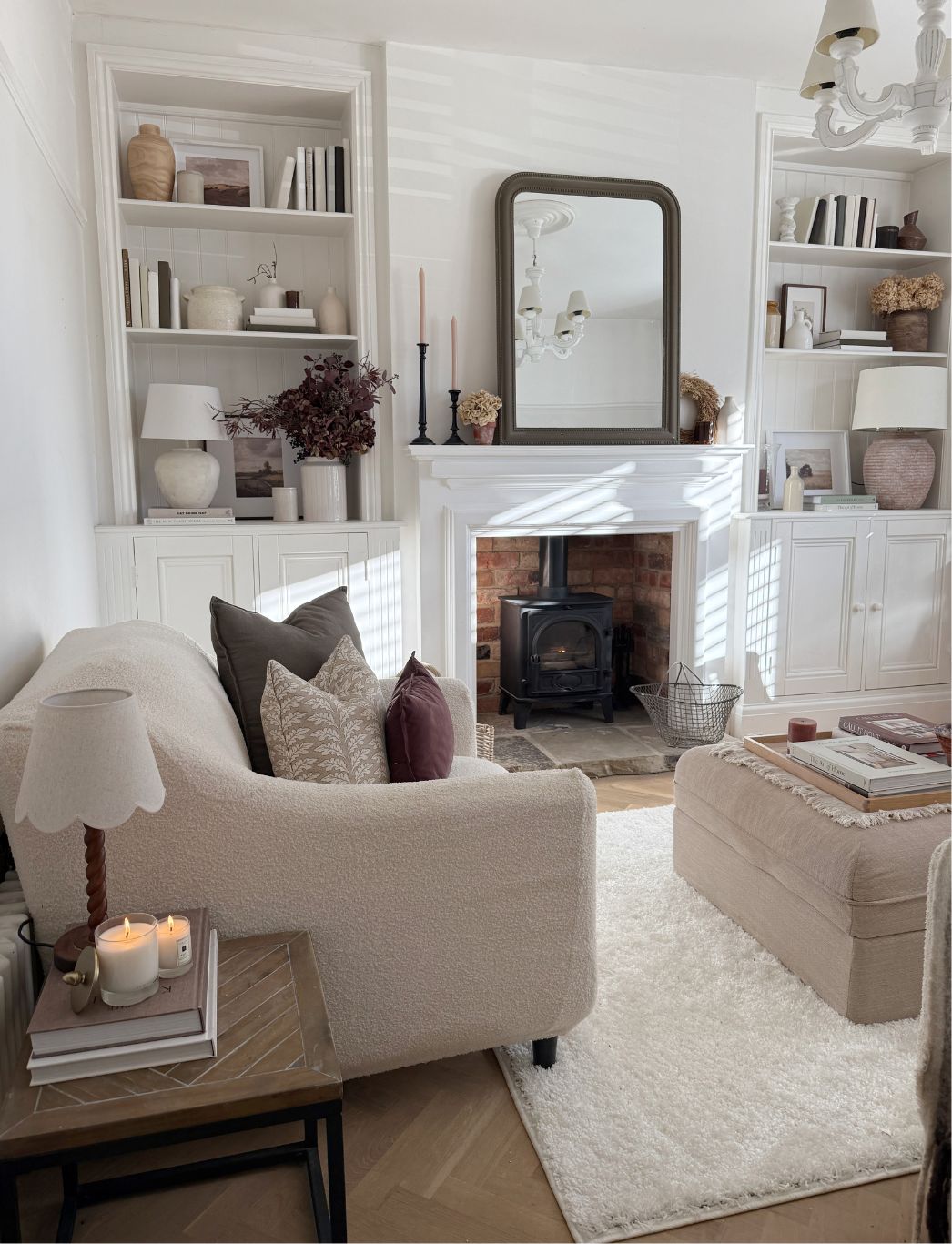
Leave a comment